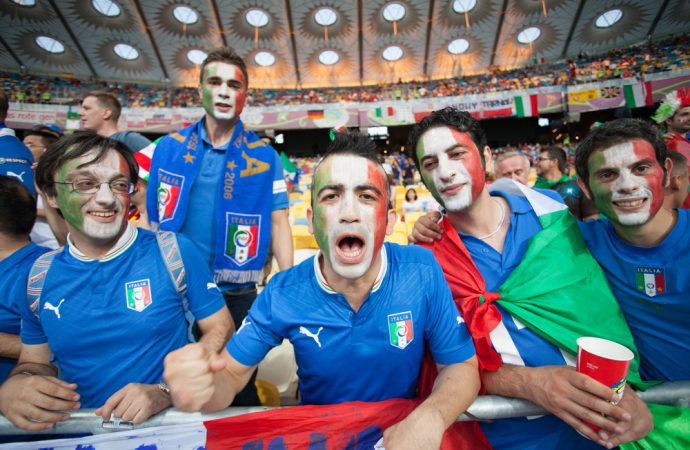The European Commission is funding a project to improve the environmental life cycle of a football match through best practice guidelines and collaboration
UEFA’s Euro 2020 Championships will be the focal point for an ambitious environmental management pilot project that will produce a new set of sustainability guidelines for the football sector.
The Environmental Management Guidelines will be designed by TACKLE (Teaming up for a Conscious Kick for the Legacy of Environment), a three-year project funded by the European Commission, and tested during the high-profile competition.
During the pilot stage, the whole life cycle of a football event – conception, organisation, staging and closure – will be explored, with data around waste and general environmental impact collected during a number of football matches.
This data will feed into the ‘best practice’ guidelines that will be disseminated at Euro 2020, a tournament that will be hosted in 12 cities across the continent. Previous experiences in sport event sustainability, as well as sustainability work completed by UEFA, will also feed into the guidelines.
Italy’s Institute of Management of Scuola Superiore Sant’Anna is leading the TACKLE project, with the support of UEFA and four association members – Italy, Sweden, Romania and Liechtenstein.
The headline objective of the TACKLE project is to improve the environmental awareness of all the “key stakeholders” contributing to the life cycle of a football event, such as stadium management organisations, municipalities and football fans.
Domestic football associations will be encouraged to develop their own strategies to manage waste and improve stadiums’ environmental management “according to circular economy criteria”, as well as regularly communicating with clubs, fan clubs, supporters and stadium and facilities staff to boost awareness of the project.










Leave a Comment
Your email address will not be published. Required fields are marked with *